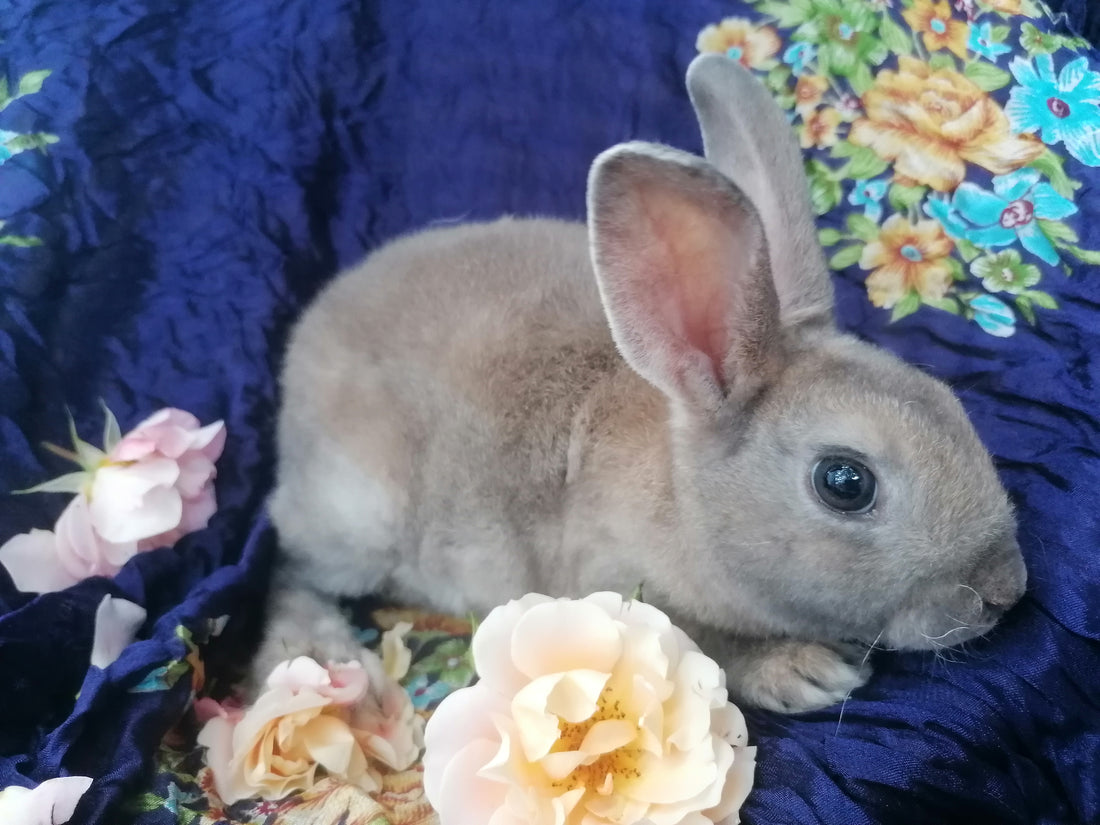
What is Rabbit Hemorrhagic Disease Virus (RHDV)?
Share
Rabbit Hemorrhagic Disease Virus (RHDV) is a deadly disease that infects rabbits. It's a virus that affects the liver and blood vessels and can remain in the environment for up to 3.5 months. It is capable of surviving both freezing and very hot temperatures.
®
History
®
The original strain emerged in China in 1984, with a second strain called RDHV2 found in France in 2010 and which has continued to spread throughout Europe, the US, Western Canada, Ghana, Tunisia and Nigeria.
®
How does it spread?
- Through direct contact with an infected rabbit, their poop or other bodily fluids.
- Through contaminated items such as bedding and clothes.
- Although it does not affect other animals, they can carry it on their feet, coats etc. if they have been in contact with an infected rabbit.
- RHDV2 is also not zoonotic, meaning it can’t be transmitted to humans.
What happens if my rabbit gets RHDV2?
- Once a rabbit catches RHDV2 they will more than likely show signs within 1-9 days.
- There is no cure for this disease.
- Treatment involves providing supportive care for the affected rabbit.
- Rabbits that are lucky enough to survive RHDV2, will continue to shed the virus for at least 42 days if not longer.
- It is very difficult to detect the disease early on as signs can start suddenly and progress to death very quickly.
What to look out for!
®
Symptoms:
®
• Fever
• Shortness of breath
• Loss of appetite
• Listlessness
• Neurological signs such paddling, seizures, and paralysis
• Jaundice
• Blood spots in eyes
• Sudden death
• Bleeding from nose at time of death.
®
While this disease is quite concerning, experts have agreed that the overall risk for rabbits in an area where there is no current outbreak is very low and this is good news!
®
How can I keep my bunny safe?
®
Preventative measures that are recommended for owners to implement, especially if you are in an area where an outbreak has arisen.
®
• Keep rabbits indoors.
• Wash hands thoroughly with warm water and soap before and after interacting with rabbits.
• Change clothes after being outside and leave shoes at the entrance of your home.
• Clean and disinfect cages regularly as well as any bowls or toys.
• Avoid interacting with rabbits with an unknown history.
• Quarantine any new rabbits in your home for 60 days and keep their items away from other rabbits in the household.
• Avoid bringing plant material inside.
®
Disinfectants
®
The most effective disinfectants are:
- Bleach (1:10 dilution)
- Potassium peroxymonosulfate (Virkon)
- F1p
- Accelerated hydrogen peroxide (Prevail, Accel, and Peroxigard).
®
Vaccines
®
There are currently no vaccines in South Africa.